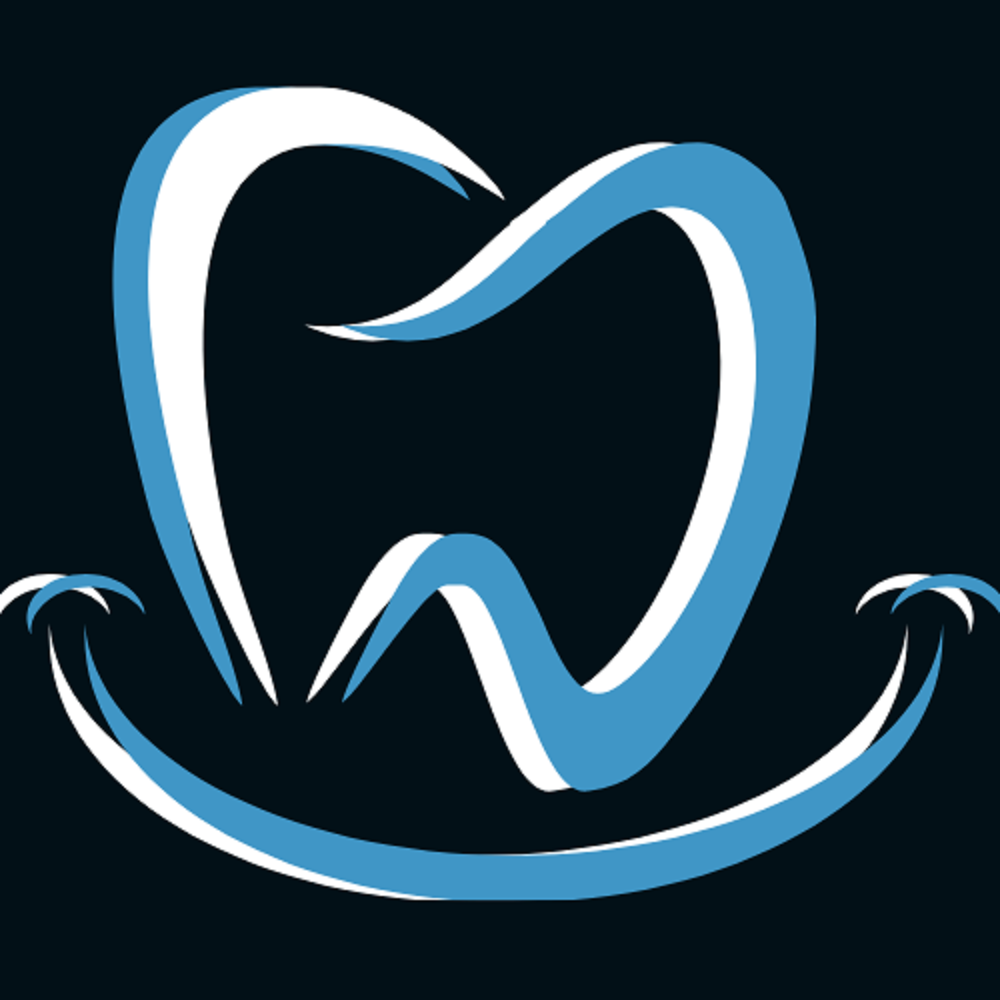Did you realize that your teeth might weaken over time? It’s all due to our advanced age. Minerals like calcium and phosphate, as well as bone and dentin, build up dental enamel as we grow older, protecting us from tooth decay and cavities.
However, as we become older, we lose those vital minerals. It can also be caused by consuming too many sweet and acidic meals, or by allowing germs to build up in your mouth. Unfortunately, if the enamel or bone has been worn away, it cannot be replaced unless the entire tooth is replaced. However, there are a few lifestyle adjustments and home remedies you may make to replenish those minerals before tooth rot sets in. This is referred to as remineralization. Take the time to follow these guidelines for healthy teeth and gums.
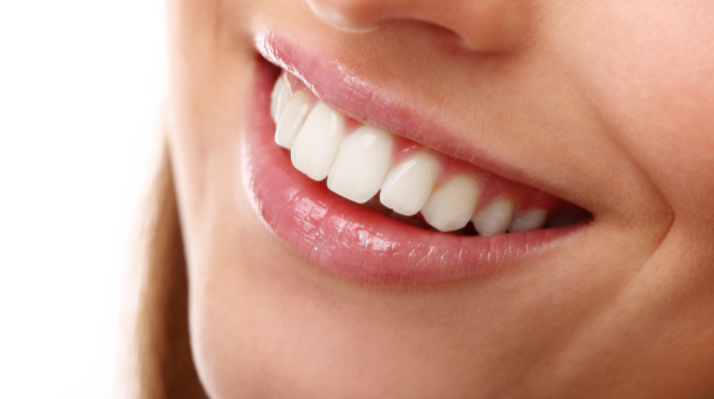
Here are some oral health suggestions to help you strengthen your teeth.
Dental Tips of the Day
- Make sure you brush your teeth.
There’s no getting around it: brushing your teeth at least twice a day is required to eradicate bacteria. Cavities, which are mostly caused by the accumulation of bacteria, can develop if this is not done. Because food and drink are the principal transmitters, brushing your teeth on a regular basis should help to remove harmful germs.
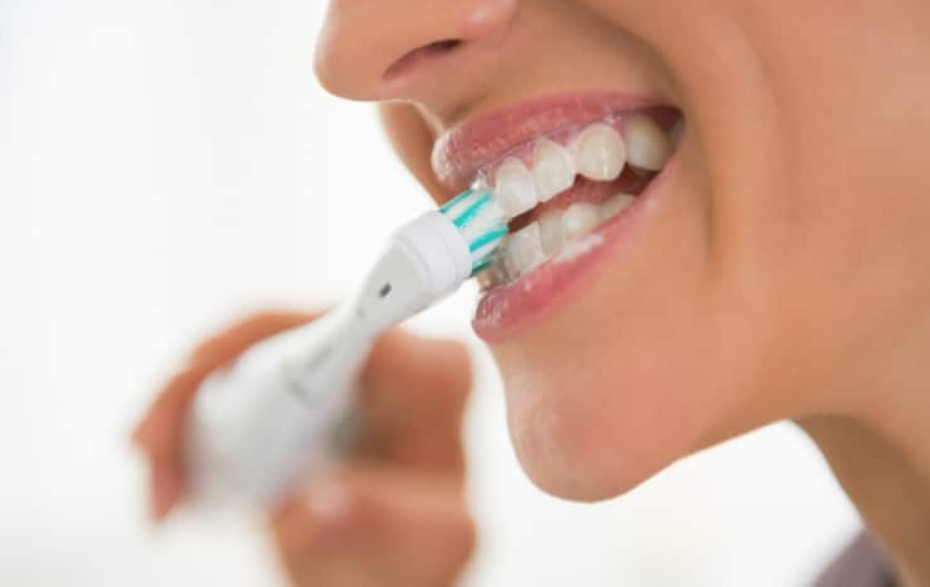
2. Fluoride toothpaste should be used.
There are certain kinds of toothpaste that are better than others. You’ll need one that contains fluoride. If the tube bears the ADA Seal of Acceptance, you may be sure it contains fluoride. This will prevent dental decay while also strengthening your teeth, minimizing your risk of mineral loss in the future.

3. Ditch the sugar
This phase will be quite difficult if you have a sweet tooth. Sugar enjoys mingling with microorganisms in your mouth, and as a result, it erodes tooth enamel. In fact, research suggests that the frequency with which you consume sugar has a greater impact on demineralization than the amount of sugar you consume. In a nutshell, eating an occasional hot fudge sundae is preferable to eating tiny amounts of sweets on a daily basis.

4. Chew sugarless gum
Sugarless gum can assist your teeth to remineralize by removing plaque, sugar, and carbohydrates from your teeth while also encouraging your salivary glands to create more saliva. Furthermore, gum functions as a barrier, preventing mineral loss.
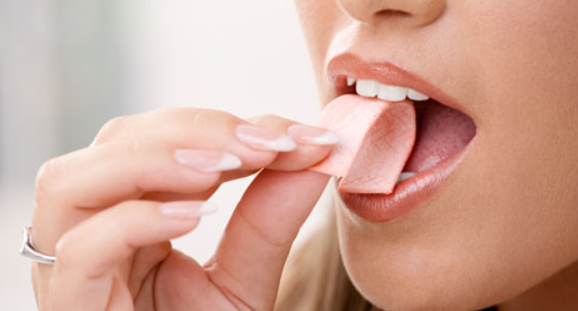
5. Consume fruits and fruit juices in moderation
Fruit is, of course, a healthy part of a balanced diet, but too much of it isn’t. It’s highly acidic, eroding your teeth’ enamel. The worst culprits are citrus fruits like grapefruit and oranges. Fruit acids cause calcium chelation on your tooth enamel, allowing acids to bind to calcium and ultimately strip it away completely. Fruit juices are no better because, in addition to being acidic, they also include additional sugars.

6. Get more calcium and vitamins
Yes, calcium is created naturally in your teeth, but acids and bacteria may readily strip this mineral away over time. The good news is that calcium can be replaced by consuming calcium-rich foods like cheese.

7. Decrease dairy product consumption
On the other hand, while dairy products are natural providers of calcium, the lactose in milk products might cause your mouth to become more acidic. Why? Lactose is a sugar that is found in milk. At least some of the time, you might wish to replace your regular milk with lactose-free varieties or an alternative such as soy or almond milk.

8. Try consuming probiotics
If you want to try probiotics for remineralization, seek strains that naturally occur in the mouth so you can restore all of the good bacteria while avoiding harmful ones. Probiotics can be found in tablet form or in yogurt.
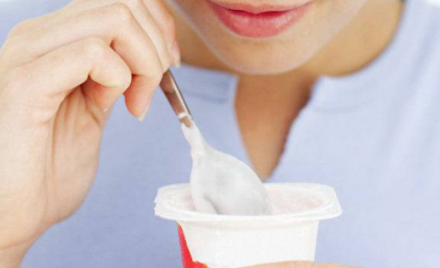
9. Avoid dry mouth
Dry mouth occurs when there is insufficient saliva production. Saliva, it turns out, is necessary for your comfort and to prevent cavities, as well as for remineralization. Saliva not only relieves your dry mouth, but it also includes phosphate and calcium, thus it serves a dual purpose. Your dentist might prescribe special chewing gums and mouthwashes to help you increase your saliva production.
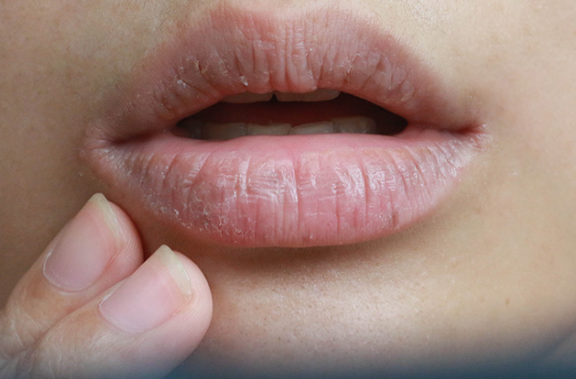
10. Drink more water
Water is the best beverage you can choose, according to doctors, nutritionists, and dentists. Not only is it naturally sugar-free, but it also helps your body rid itself of toxic chemicals. When you don’t have access to a toothbrush, simply rinsing your mouth with water can help reduce demineralization.

To cap it all off…
The bottom line is, that mineral loss is inevitable due to all the elements your teeth are exposed to every day. Sure, your teeth were made to take on all that wear and tear, but even teeth have limits. Do your part to remineralize your teeth and put an end to demineralization. You can achieve this through regular dental visits, brushing and flossing daily, and making sure your teeth are straight and clean.
